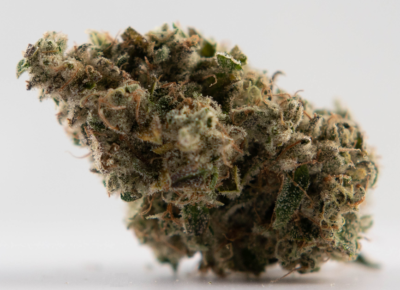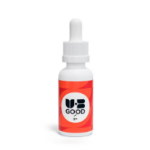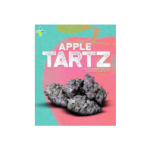Why Choose frx frx frx
Discover a medical cannabis haven at FRX Dispensaries, where a commitment to exceptional customer service, competitive prices, and a welcoming atmosphere converge. We take pride in caring for our planet. Our Ohio cultivation facility is proudly Certified Kind, and we’re in the process of transitioning to all biodegradable packaging! This commitment serves as an emblem of our dedication to organic practices in the medical cannabis industry. Elevate your experience with us, where every visit is not just a transaction but a journey in well-being.
Our Products Products Products

Vaporizers

Concentrates

Edibles

Flower
High End Retail Dispensing Centers Experience Experience Experience and Patient
In addition to practicing traditional organic methods to grow premium craft medicinal cannabis, FRX goes beyond organic to create a positive impact on our communities and patients while actively protecting our planet. We have set ourselves some lofty goals to lead the cannabis industry toward a future as sustainable as the plant itself.
FRX is a multi-state operator with Ohio dispensaries located in East Liverpool, Elyria and Cuyahoga Falls. All FRX Dispensaries provide a comfortable, welcoming, professional environment where we offer the highest-quality medical marijuana products and accessories to our patients. Our dispensaries include access to a licensed pharmacist and knowledgeable patient care representatives prepared to provide every patient with a personalized journey through the dispensary’s medical marijuana products. Whether a patient has experience with medical marijuana, or is simply exploring alternative methods of relief, our pharmacist and dispensary staff are prepared to answer any questions and provide individualized guidance consistent with each patient’s physician recommendation.


At FRX Dispensaries, we believe in rewarding our valued customers. With every purchase, you earn loyalty points that bring you closer to exclusive rewards you can use on a variety of premium accessories. It’s our way of saying ‘Thank You’ for choosing us for your medical cannabis needs. Start earning today and enjoy the benefits of being a part of the FRX community!

Multiple Locations.
Executing
Executing
Executing
on a Single Vision
FRX, a pioneer in Ohio’s medical marijuana landscape, proudly operates state-of-the-art facilities in East Liverpool, Elyria and Cuyahoga Falls. Also holding medical marijuana processing and cultivation licenses, we are committed to delivering top-quality medical cannabis products. For inquiries, contact us via the information below or through our convenient online form.


Exceptional Customer SERVICE SERVICE SERVICE
At FRX Dispensaries, our commitment to superior customer service is the cornerstone of our success. We believe that every interaction with our patients is an opportunity to provide outstanding support and ensure their complete satisfaction. Our dedicated team is here to listen, assist, and make your experience with us not just good, but exceptional. Discover the difference of superior customer service at FRX Dispensaries
Exceptional Products Products Products
FRX Dispensaries are your trusted source for premium medical cannabis products. We are passionate about improving lives through the careful selection of the finest, lab-tested products. Our commitment to quality means you can always expect the best from us. Experience the difference with our premium medical cannabis selections at FRX Dispensaries! Your well-being is our priority.



















